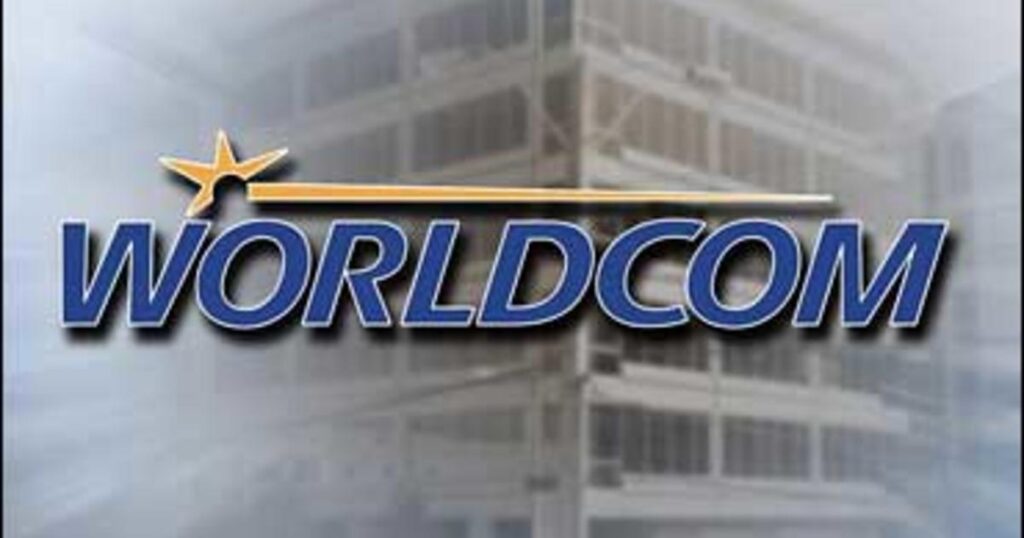Fraud—the art of deception, the dance of deceit—has woven its intricate threads throughout human history. From corporate boardrooms to dark alleys, cunning minds have orchestrated elaborate schemes, leaving victims in their wake. In this article “The Top 5 Fraudulent Acts of All Time: A Closer Look at Infamous Scandals”, we delve into the top five fraudulent acts of all time, revealing the audacity, the fallout, and the lessons learned.

1. Volkswagen Emissions Scandal: The Diesel Deception
The Automotive Sector’s Shockwave
In September 2015, the Environmental Protection Agency (EPA) dropped a bombshell: Volkswagen (VW), the revered German automaker, had rigged its diesel engines. How? By installing software that manipulated emissions tests. When the car sensed it was being tested, it switched to a cleaner mode, fooling regulators. But on the open road, it spewed pollutants like a dragon with a cough.
The Fallout:
- VW faced massive fines, recalls, and lawsuits.
- The scandal tarnished the brand’s reputation and cost executives their jobs.
- The lesson? Transparency matters—don’t mess with Mother Earth.

7 Wonders of the World – Unraveling the Mysteries
2. Enron Scandal: The House of Cards Crumbles
The Energy Sector’s Epic Collapse
Enron, once hailed as an energy giant, turned out to be a house of cards. Executives cooked the books, inflated profits, and hid debt. They created special-purpose entities (SPEs) to conceal losses. When the truth emerged, Enron’s stock plummeted, employees lost jobs, and investors lost fortunes.
The Fallout:
- Enron filed for bankruptcy—the largest in U.S. history at the time.
- Arthur Andersen, its accounting firm, collapsed.
- The lesson? Trust is fragile; ethics matter more than profits.

3. WorldCom Scandal: The Telecom Titanic
The Communications Sector’s Titanic Fall
WorldCom, a telecom giant, inflated its revenue by capitalizing operating expenses. It treated regular costs as investments, creating a financial mirage. When the bubble burst, WorldCom’s stock nosedived, wiping out $180 billion in market value.
The Fallout:
- WorldCom filed for bankruptcy, affecting 20 million customers.
- CEO Bernie Ebbers went to prison.
- The lesson? Honesty is the best policy—even in the digital age.

4. Wirecard Scandal: The Fintech Mirage
The Payments Sector’s House of Cards
Wirecard, a rising star in fintech, claimed to process billions in payments. But it was smoke and mirrors. Executives inflated revenues, fabricated transactions, and hid losses. When auditors dug deeper, they found a black hole of missing cash.
The Fallout:
- Wirecard filed for insolvency.
- The CEO vanished, like a digital Houdini.
- The lesson? Due diligence matters—don’t trust a unicorn without horns.

5. Madoff’s Ponzi Scheme: The Wall Street Wizardry
The Investment Sector’s Grand Illusion
Bernie Madoff, a former NASDAQ chairman, ran the ultimate Ponzi scheme. He promised consistent returns, luring investors with promises of magic. But there was no magic—just smoke, mirrors, and other people’s money. When the music stopped, $65 billion vanished.
The Fallout:
- Madoff got 150 years in prison.
- Investors lost fortunes, including charities and celebrities.
- The lesson? Skepticism is healthy—check the rabbit’s hat for holes.
Conclusion: Lessons from the Shadows
Fraudsters dance on the edge of morality, their schemes intricate and beguiling. But these scandals teach us valuable lessons:
- Transparency trumps deception.
- Trust is fragile; ethics are non-negotiable.
- Honesty, even in the digital age, is our compass.
- Due diligence protects us from unicorns without horns.
- Skepticism keeps the rabbit’s hat in check.
FAQs: Unmasking the Intrigue
- How can I protect myself from fraud?
- Stay informed, verify information, and trust your instincts.
- Is there a common thread among these scandals?
- Yes—the pursuit of gain at any cost.
- Why do people fall for fraud?
- Greed, desperation, and misplaced trust.
- Can we prevent future frauds?
- Vigilance, regulation, and ethical leadership are our best tools.
Learn more…
- cps.gov.uk
- sanctionscanner.com
- crimestoppers-uk.org
- cps.gov.uk
- legislation.gov.uk
- money.usnews.com
- kfknowledgebank.kaplan.co.uk


